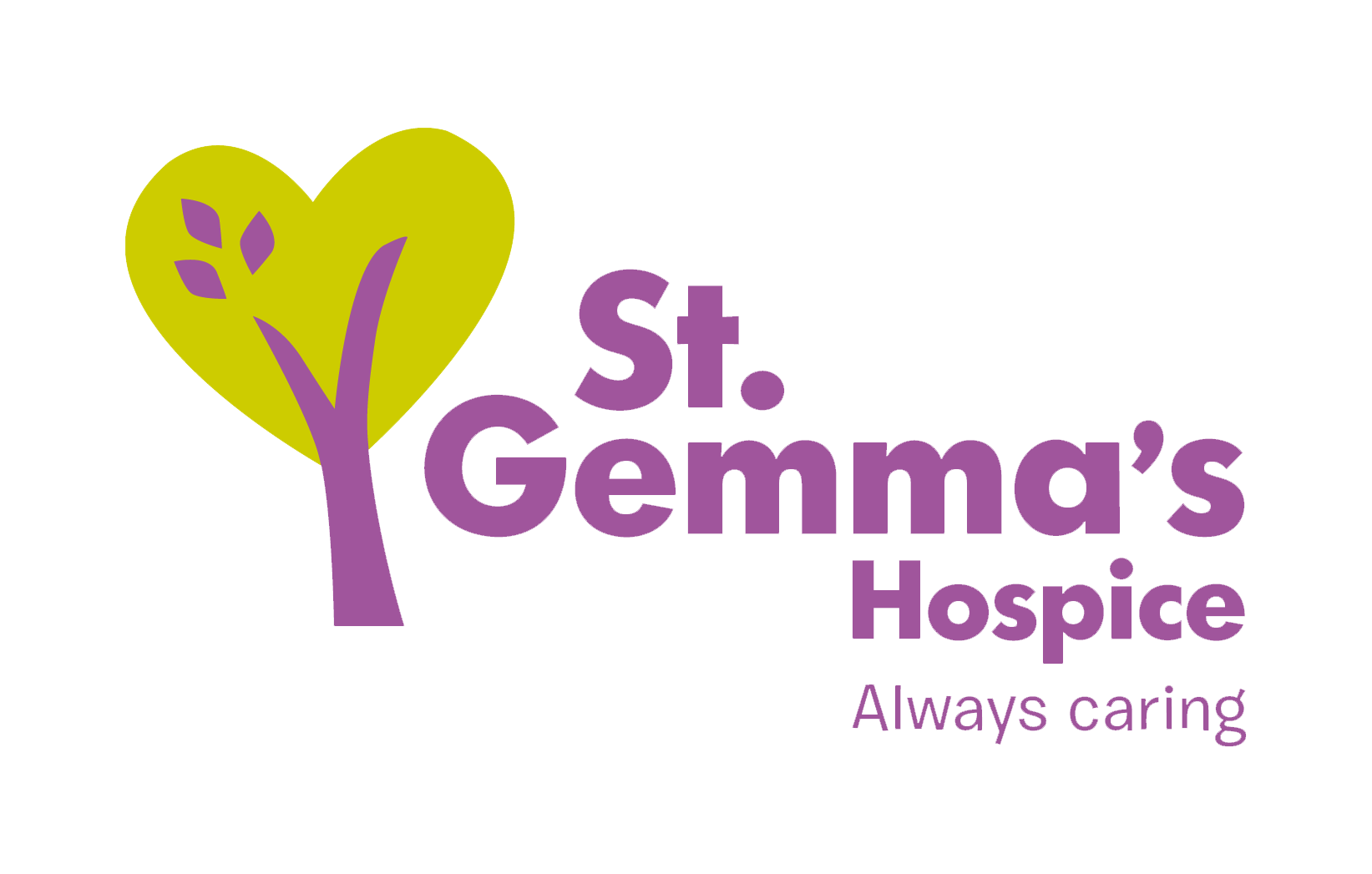MedTech Series x St Gemma’s Hospice
In the midst of the digital age, industries worldwide are adopting technology to evolve the way they work or deliver new innovative approaches to the market. For healthcare, MedTech solutions are being invented and embraced to deliver better patient care, for example diagnostics tools for early detection or systems to track and mitigate health conditions. On the other side, healthcare facilities are utilising digital tools that are supporting more of their ‘back office’ operations that can enable more organised and efficient care delivery.
A Community Approach to Care
With St Gemma’s Hospice
St Gemma’s Hospice is a local, independent charity and has been providing expert care to the people of Leeds for 45 years. They provide the best possible care and support for local people with cancer and other life-threatening illnesses. They specialise in pain relief and symptom control to help people live as well as possible, for as long as possible. Beyond this, they also provide care and support for family, friends and carers, as well as training for healthcare professionals. They are one of the leading hospices in the UK.
In this series edition, we speak with Hannah Corne from St Gemma’s Hospice in Leeds to understand how they are implementing digitalisation and MedTech adoption across their charity.
»View PDF«

Promoting Medtech Adoption
Attitudes towards digitalisation can differ greatly between, and even within, healthcare facilities, but as technology evolves there really needs to be those change agents who are spearheading process transformation and driving adoption to progress their services. It is said that by 2025, more than 95% of healthcare organisations will have formal cloud strategies, a strong proportion of which will be actively pursuing these strategies.
»View PDF«
“We are committed to delivering high quality, end of life care forLeeds and believe that digitalisation forms a key part of this. We have a dedicated Digital Transformation team for the overall development in the Hospice and we sit in the National System OneGroup for patient care.
During the Covid pandemic, our models of service delivery were transformed with the innovation and utilisation of digital and virtual technology. The St Gemma’s Academic Unit of PalliativeCare also delivered education programmes using video-conferencing technology to large numbers of health care practitioners withinLeeds and beyond. We ran one online training session to a group in Spain!”
Hannah Corne – St Gemma’s Hospice
Accessibility by Design
A discussion rightfully emerging in the MedTech development space is accessibility. When considering digital care, patients must be at the front and centre of the design, and St Gemma’s Hospice wholeheartedly supports this view.
“St Gemma’s Hospices founding values are based on providing palliative and end of life care for all people, regardless of ethnicity, gender, age, sexual orientation, disability, faith or ability to pay. We recognise that not all those who would benefit from our care are always aware of or offered the opportunity to access St Gemma’s services, and that many parts of our community experience significant inequity in healthcare services. As part of the strategic review of clinical services, our teams identified the need for further work addressing these inequalities, which began earlier this year.MedTechs should consult with the service users and clinical staff in order to develop solutions that are as accessible as possible to all users. Consultation with clinical staff is key, including running pilots where possible.” – Hannah Corne
